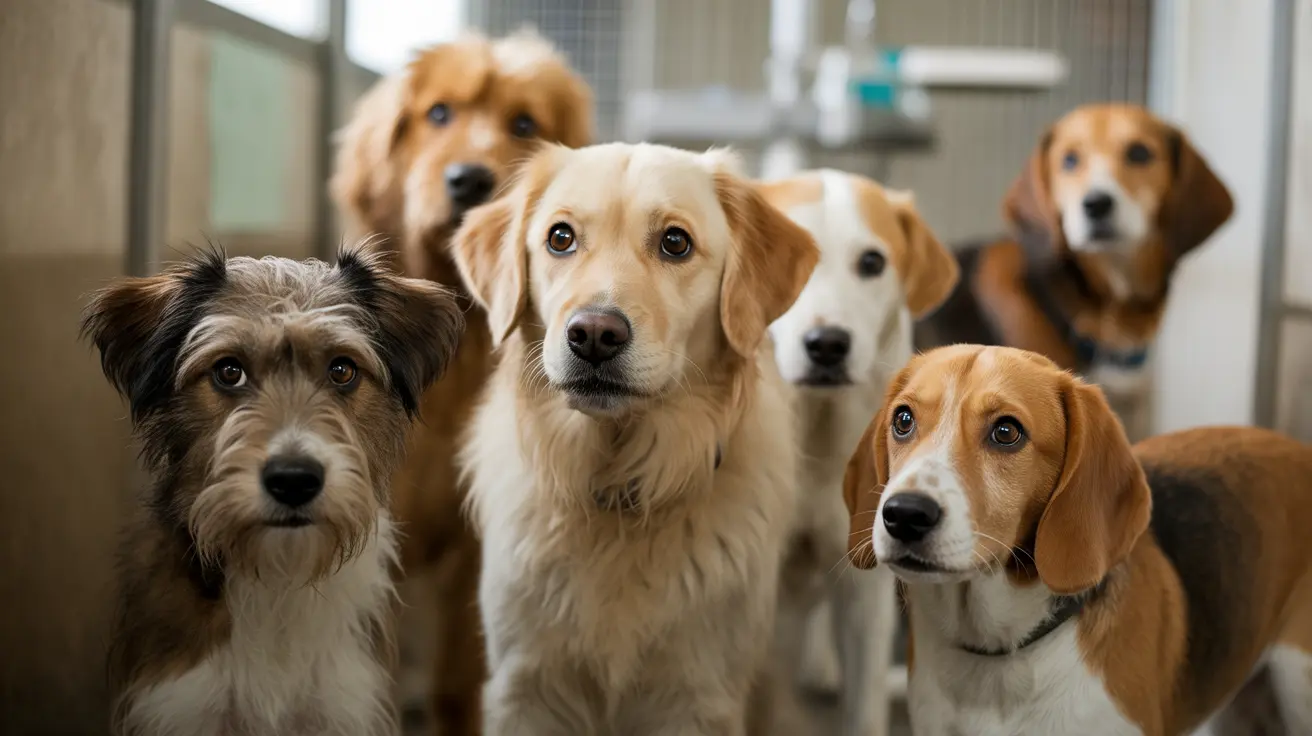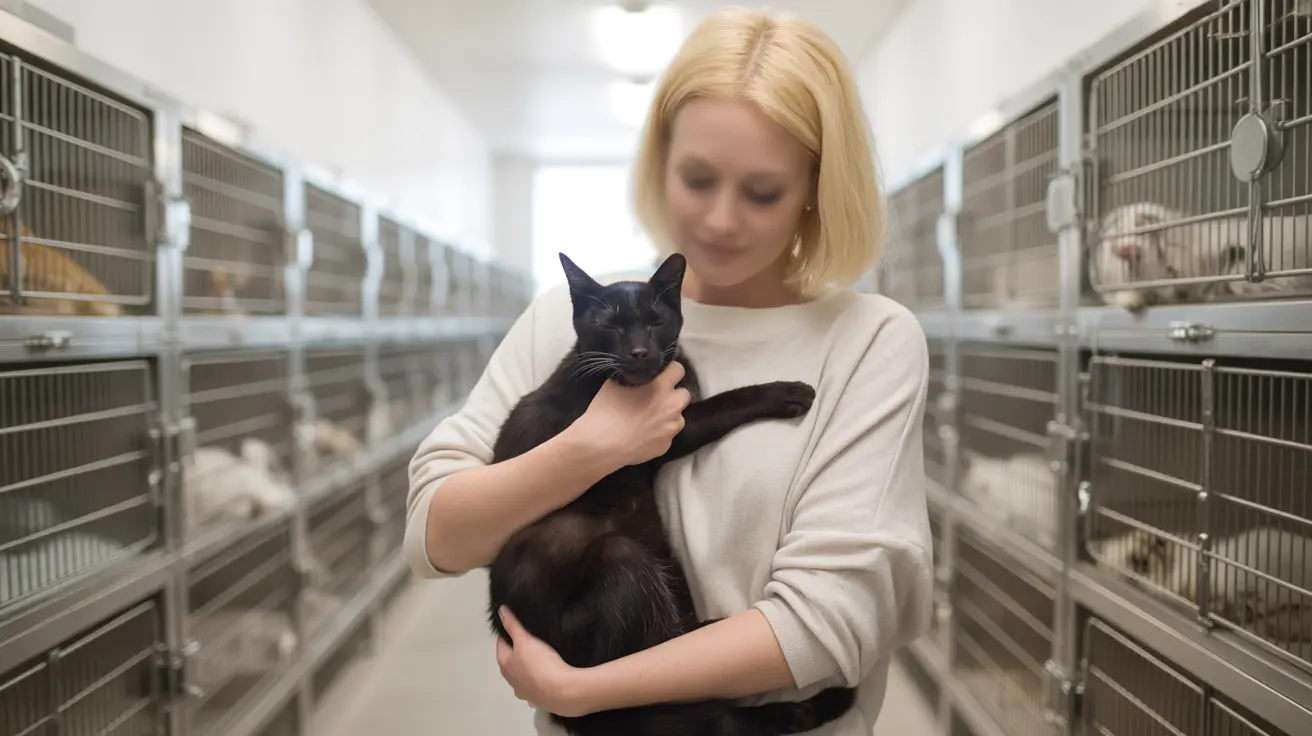Many dog owners are puzzled when their seemingly confident canine companion shows fear or anxiety around cats. Understanding why dogs are afraid of cats involves exploring various factors, from evolutionary instincts to personal experiences. Let's dive into the fascinating psychology behind this common pet behavior phenomenon.
The Natural Instinct Factor
Contrary to popular belief, dogs aren't naturally afraid of cats. However, they possess strong instincts for self-preservation that can manifest as cautious behavior around felines. Cats display a unique set of defensive behaviors that dogs find particularly intimidating:
- Direct, unblinking stares
- Quick, unpredictable movements
- Sharp claws and swift strikes
- Defensive posturing with arched backs and puffed fur
The Impact of Early Experiences
A dog's relationship with cats is significantly shaped by their earliest encounters. During the critical socialization period (between 3-14 weeks), puppies develop lasting impressions about their environment and other animals.
Dogs who have negative experiences with cats during this time often develop long-term wariness or fear. Even a single aggressive encounter can create a lasting impression that affects future interactions.
Understanding Body Language Barriers
Dogs and cats speak entirely different body languages, leading to frequent miscommunications. What might be normal behavior for a cat can appear threatening to a dog:
- Tail movements: A cat's twitching tail signals aggression, while dogs wag their tails for friendly communication
- Face-to-face approach: Cats often approach head-on, which dogs may interpret as confrontational
- Vertical positioning: Cats prefer high places, creating an intimidating presence from above
Role of Breed and Personality
Some dogs are naturally more susceptible to developing fear responses to cats based on their breed characteristics and individual temperament. Factors that influence this include:
- Genetic predisposition to anxiety
- Breed-specific behavioral traits
- Previous training and socialization experiences
- Overall confidence levels
Signs Your Dog is Afraid of Cats
Recognizing fear responses helps address the issue effectively. Common signs include:
- Tucked tail and lowered body posture
- Excessive panting or drooling
- Attempting to hide or retreat
- Nervous barking or whining
- Avoiding rooms where cats are present
Training and Desensitization Techniques
Helping your dog overcome their fear of cats requires patience and consistent positive reinforcement. Effective approaches include:
- Gradual exposure from a safe distance
- Reward-based training when calm around cats
- Supervised, controlled interactions
- Creating positive associations with cat presence
Frequently Asked Questions
Why are some dogs more afraid of cats than others?
Dogs vary in their fear responses due to individual temperament, early socialization experiences, and genetic predisposition to anxiety. Some breeds may also be naturally more cautious or reactive to unfamiliar animals.
How can past negative experiences with cats affect my dog's behavior?
Negative encounters can create lasting trauma that manifests as fear, avoidance, or defensive behavior around cats. These experiences form strong emotional memories that influence future reactions.
What are the best ways to socialize my dog with cats for reduced fear?
Start with controlled, gradual introductions in a neutral space. Use positive reinforcement, maintain safe distances initially, and never force interactions. Ensure both animals have escape routes and safe spaces.
Can different breeds of dogs be predisposed to fearing cats more?
Yes, certain breeds may be more prone to developing fear responses based on their genetic makeup and traditional breeding purposes. Smaller breeds or those with more sensitive temperaments might show increased wariness.
How can I help my dog overcome its fear of cats through positive reinforcement?
Use treats and praise when your dog remains calm in a cat's presence. Gradually decrease the distance between them while maintaining positive associations. Work with a professional trainer if needed for severe cases.






